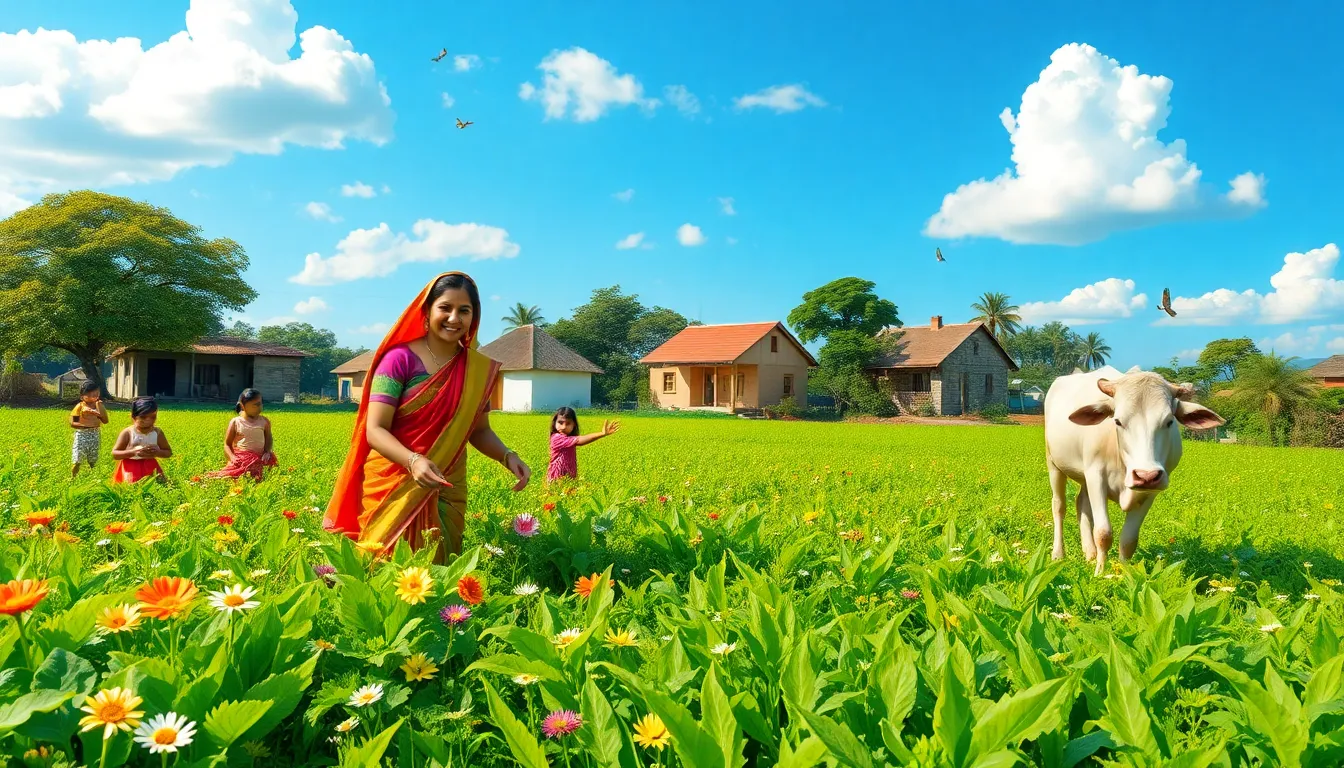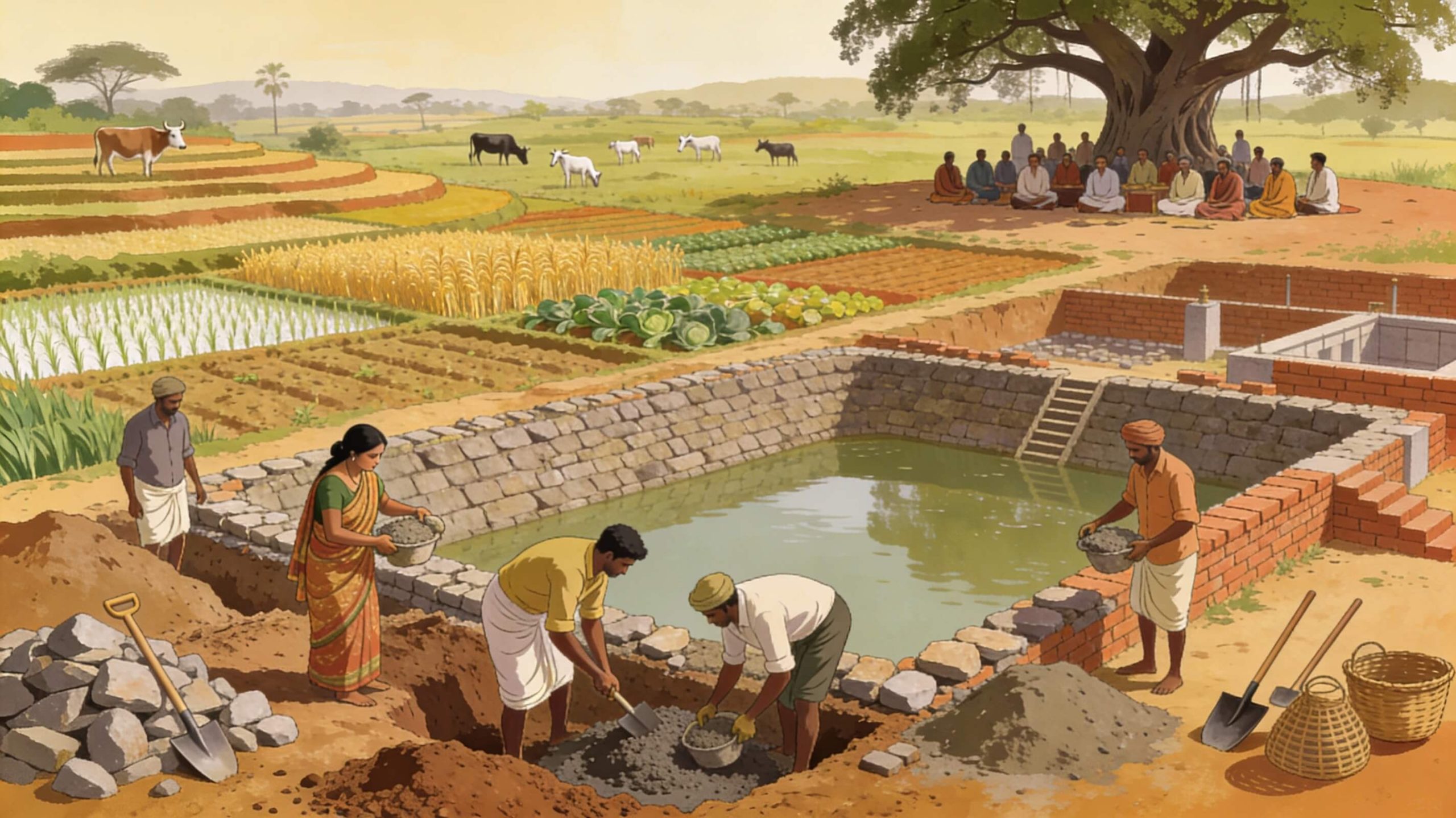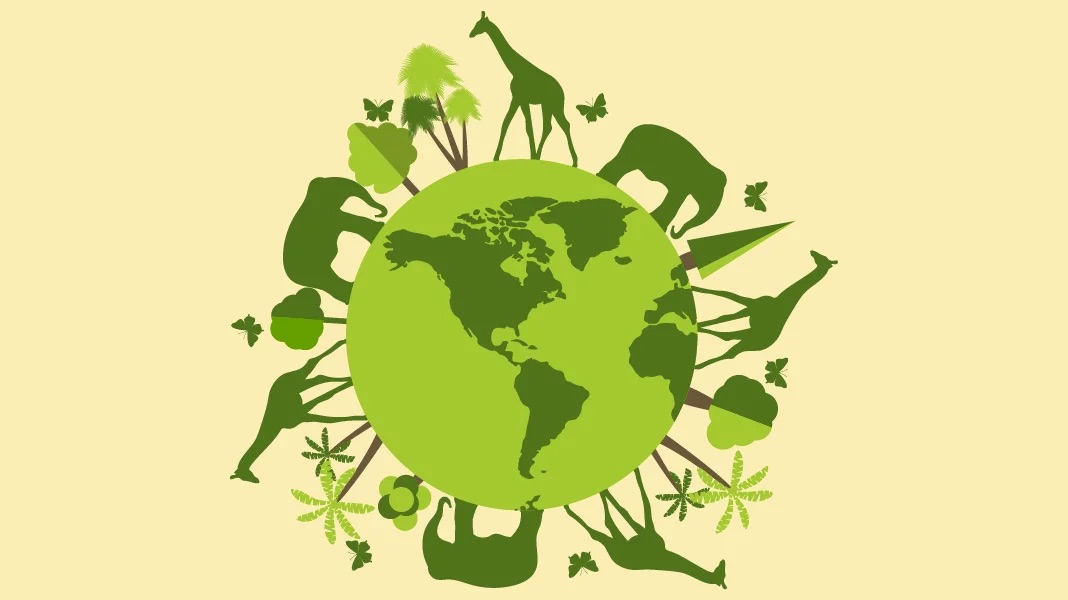The United Nations has declared 2026 as the International Year of the Woman Farmer. This decision highlights the crucial role women play in agriculture worldwide. Nearly half of the global food supply comes from women farmers. In developing countries, they are responsible for 60% to 80% of food production. Yet, they face many challenges, including limited access to land, credit, and technology.
In India, women make up a large part of the agricultural workforce. Approximately 80% of economically active women work in agriculture. However, only 14% of landowners are women. This lack of land ownership prevents women from obtaining credit. It also limits their access to financial services. As a result, many women struggle to invest in better farming practices.
To address these issues, the Government of India has launched several initiatives. One such initiative is the Mahila Kisan Sashaktikaran Pariyojana (MKSP). This program aims to empower women farmers by enhancing their skills and providing access to resources. The Sub-Mission on Agricultural Mechanisation offers substantial subsidies for agricultural machinery. This helps women reduce their workload and improve productivity.
Women farmers also face unique challenges due to climate change. They often bear increased domestic responsibilities while dealing with agricultural risks. The ENACT project, funded by Norway, aims to support women farmers in Assam. This project helps them adapt to climate change by providing access to climate-related information. It promotes the use of flood-resistant crop varieties to enhance resilience.
The project connects women farmers with agricultural experts through technology. They receive actionable advisories on farming and climate issues via mobile phones. This communication enables over 300 farmers in 17 villages to make informed decisions. By engaging women farmers, the project demonstrates how technology can lead to scalable impacts.
Despite these advancements, more work is needed. Women farmers require tailored solutions that address their specific needs. This includes improving access to financial services and technology. Policymakers must also focus on enhancing agri-value chains that support women farmers.
The recognition of 2026 as the International Year of the Woman Farmer offers a historic opportunity. It is crucial to promote gender equality and support women’s roles in food security. By doing so, we can foster economic growth and sustainability in agriculture.
In conclusion, empowering women in agriculture is not just a matter of social justice. It is a vital strategy for improving food security and building resilient communities. As we approach 2026, let us work together to support women farmers and ensure their contributions are valued and recognized. Women farmers play a pivotal role in ensuring food security for all, and their empowerment is essential for a sustainable future.





